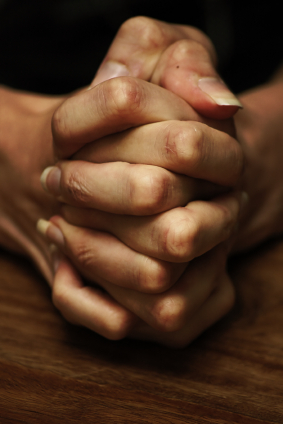Now that businesses are closing down, jobs are being lost, and events are being postponed, students are finding themselves with a lot more time on their hands. Since self-isolation has been encouraged, social media has exploded with productivity porn — motivational quotes with the blaring message that there’s no longer any excuse not to achieve your goals during this time of “rest.” Except, it’s not always restful.
Instagram stories are featuring friends and family learning new skills, cleaning out rooms, and indulging in their long lost passions. While some people are connecting with themselves and thriving during this period of isolation, others are struggling in ways they could never imagine, and that’s okay.
Let this serve as a reminder: self-isolation and quarantine are not carefree vacation days. Society is on a large-scale lockdown, forcing us to stay home amid a pandemic, which is not the same as a vacation. Responsibilities are still ever-present, and students have a lot on their plate: worrying about their grades, stressing over the health of loved ones, and fretting about affording necessities despite being laid off. Even just the transition to online classes has been no doubt stressful and unmotivating for many students, especially those who are international and have chosen to return to their home country early. Staying home isn’t always the safest or most comfortable place for everyone either; domestic violence is on the rise, reflected in the 300 per cent call volume increase for a Vancouver-based crisis hotline for domestic abuse.
The world feels like it’s silently burning, so how can students be expected to be performing their best? If you’re able to make it through each day, that’s an achievement all on its own. We’ve entered unparalleled times of crisis that have been compared to World War II. If you’re struggling with your mental health, you’re not alone. If you’re lacking motivation to complete essential tasks or take care of yourself, there’s nothing wrong with you. When put under the pressure that students are collectively facing, different coping strategies will emerge to try and help alleviate the stress — none of them objectively correct.
However, it’s always possible to swap out coping strategies to try and reinstate a sense of normalcy in your life. Stick to a routine by waking and sleeping at the same time every day and create a schedule for your time. Allow yourself to indulge when it comes to self-care: light that scented candle, take that bubble bath, eat that cheesecake. Reach out to others who might be feeling the same and talk to them daily. Aim to sleep a reasonable amount, eat concrete meals, and increase your daily exercise even if it’s just a walk around the block. Find something you can control, and let yourself go nuts — clean or garden if that helps. Check out Empower Me, a mental health resource covered by the SUS Plan, by calling 1-844-741-6389 for crisis support or connect with a health-care professional online through their website with the password “Studentcare.”
If none of these stick or fully reduce your anxiety, do what you need to in order to survive: sleep in long hours if you have to, ignore the minute details of COVID-19 news, message a friend for help with an assignment. Try to do so without a barrage of self-judgement.
Most importantly though: be compassionate to yourself. Offer yourself forgiveness if you’re not doing your best right now, and know that COVID-19 is a valid reason for that. The feeling that you’ve lost control or your connection to others is one that is on the rise, and it’s easy to feel alone. Things will return to a state of normal at some point, but in the meantime don’t be too hard on yourself.
Chandy is a biology major/chemistry minor who's been a staff writer, Arts editor, and Managing Editor at The Cascade. She began writing in elementary school when she produced Tamagotchi fanfiction to show her peers at school -- she now lives in fear that this may have been her creative peak.


